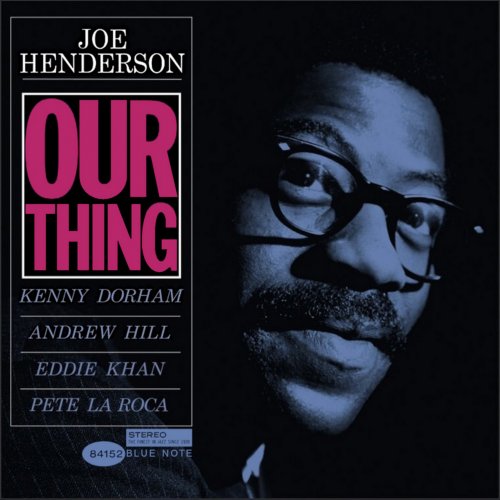Hendrik Meurkens, Misha Tsiganov - Junity (Duo & Quartet) (2014)
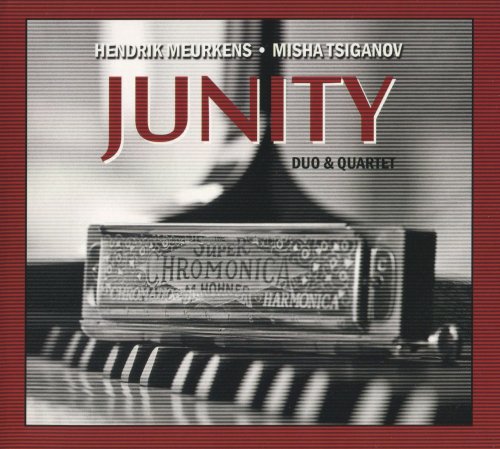
Artist: Hendrik Meurkens, Misha Tsiganov
Title: Junity (Duo & Quartet)
Year Of Release: 2014
Label: HMS
Genre: Jazz, Bossa Nova
Quality: FLAC (image+.cue,log,scans)
Total Time: 01:02:06
Total Size: 358 MB
WebSite: Album Preview
Tracklist:Title: Junity (Duo & Quartet)
Year Of Release: 2014
Label: HMS
Genre: Jazz, Bossa Nova
Quality: FLAC (image+.cue,log,scans)
Total Time: 01:02:06
Total Size: 358 MB
WebSite: Album Preview
01. Blackbird
02. Luiza
03. Lady Bear's Lullaby
04. Junity
05. Norwegian Wood
06. Olenia
07. Pent Up House
08. Ruby, My Dear
09. Menina Na Janela
10. West Coast Blues
11. Scriabin
12. Close Enough For Love
13. Etude Op.2, No.1
What is Junity? Hendrik Meurkens, the celebrated harmonica master, explains: “It’s a play on words between the English word unity, which means the state of being united, and the Brazilian word junto, which means together.”
The title is appropriate because, Meurkens, a musician known for his superb artistry and his quick wit, and Misha Tsiganov, a Russian pianist of remarkable proficiency, have been collaborating for nearly a decade. These thirteen tracks document the magic that transpires when two become one.
But why a harmonica/piano duo? “The harmonica likes small settings,” Meurkens believes. “It is a very intimate instrument so small settings make the instrument sound good. With this project, it’s really about the two instruments and the right compositions. Musicians want to play beautiful melodies. It’s not about the style. It’s about what sounds good when we play it. But of course Misha can play anything.”
“We’ve done two or three concert tours as a duo in Russia and this is the first time we’ve recorded our collaboration,” Meurkens explains. “We’ve checked with the audience and it works. This is not just a one time recording, but documentation of an ongoing project.”
They met in a now defunct New York Jazz club, Meurkens remembers. “Then I went to hear Misha play and he became the pianist in my Samba Jazz Quartet. Since then we’ve been all over the world together, playing everywhere from Jakarta to Siberia.”
Tsiganov, who came to America in 1991 to study at the Berklee School of Music, knew about Hendrik from his recordings and jumped at the opportunity to play together. For that first Samba Jazz Quartet rehearsal, “he sent me some really difficult chorinho music and I was practicing like crazy, just to get it right. When I came to the US, I learned very quickly that when you go to the first rehearsal, you have to know the music, and know it very very well. You have to proof right there that you are prepared. You might not get a second chance. So I went to the rehearsal and nailed the music and that’s how our collaboration began.”
“Misha,” Hendrik believes, “does everything possible to make your music sound better. There is no ego involved. Plus he has the Russian musical education. The Russian piano players, the classical school, are the best in the world. And, he is just a great musician.”
Now a resident of Brooklyn, Tsiganov is equally enthusiastic about Meurkens. “I call him the Art Tatum of the harmonica,” he explains.
Misha believes that his friend Hendrik has three sides. “First, he’s a virtuoso, he can play anything on the harmonica. Then, he can be both melodic and lyrical. In fact, his lyricism is unbelievable. I’ve toured with him and seen people cry when he plays ballads. And the third thing is, his music is based in bebop. And I love that about him, he really has his bebop vocabulary together. And finally, he’s a superb composer.”
This recording captures it all, from the tasteful lyricism of Tsiganov’s tribute to his wife, “Olena,” to a Jobim composition, to the burning bebop of the Sonny Rollins composition “Pent Up House.” The tracks are divided between the harmonica/piano duo, and a quartet with bassist Oleg Osenkov and drummer Willard Dyson.
“Oleg Osenkov can play anything,” Tsiganov explains. “Funk, Brazilian, even the most complex of harmonies.” Meurkens feels he’s truly a “master of his instrument. A Russian who came to this country and loves Jazz more than most Americans do.”
And Willard Dyson, Meurkens explains, “is an American American. There are still Americans in this country, believe it or not. He’s another miracle who can just play any style great. Master musicians today are masters of styles and not just their instruments. There are still specialists in 2014, but now you find quite a few musicians who sound really really good on a variety of styles.”
As a composer, Meurkens can appreciate the way his collaborator writes. “It’s Rachmaninoff meets Jazz. It’s a very beautiful approach to composing that doesn’t include any clichés; it’s fresh.”
“He’s from Russia, I’m from Germany and we are adding something here that’s a little different,” Meurkens believes. Although he’s best known for his Brazilian music, “this project is all over the place. We play a Jobim tune, and my original, “Menina na Janela, some Monk, “Ruby My Dear,” Wes Montgomery’s “West Coast Blues,” and the Beatles. These days,” Meurkens explains, “the idea of staying with just one sort of music is a thing of the past.”
Misha Tsiganov’s Russian roots surface on three tracks. “Lady Bear’s Lullaby,” by Evgeny Krylatov, is very popular in Russia. “Everyone in Russia can whistle this song,” Tsiganov explains. “It’s from a famous cartoon, Umka. Krylatov is one of my favorite composers, as well.”
Also a major influence on the music of Tsiganov is Alexander Nikolayevich Scriabin, the Russian composer and pianist who passed prematurely at the age of 43. Misha has arranged a Scriabin etude for this recording, and written “Scriabin,” in tribute. The haunting lyricism of this composition, provides the perfect vehicle for the harmonica/piano duet.
As for the future, Hendrik Meurkens and Misha Tsiganov will keep playing together because for Tsiganov “Jazz is freedom. It allows me to play anything.”
The title is appropriate because, Meurkens, a musician known for his superb artistry and his quick wit, and Misha Tsiganov, a Russian pianist of remarkable proficiency, have been collaborating for nearly a decade. These thirteen tracks document the magic that transpires when two become one.
But why a harmonica/piano duo? “The harmonica likes small settings,” Meurkens believes. “It is a very intimate instrument so small settings make the instrument sound good. With this project, it’s really about the two instruments and the right compositions. Musicians want to play beautiful melodies. It’s not about the style. It’s about what sounds good when we play it. But of course Misha can play anything.”
“We’ve done two or three concert tours as a duo in Russia and this is the first time we’ve recorded our collaboration,” Meurkens explains. “We’ve checked with the audience and it works. This is not just a one time recording, but documentation of an ongoing project.”
They met in a now defunct New York Jazz club, Meurkens remembers. “Then I went to hear Misha play and he became the pianist in my Samba Jazz Quartet. Since then we’ve been all over the world together, playing everywhere from Jakarta to Siberia.”
Tsiganov, who came to America in 1991 to study at the Berklee School of Music, knew about Hendrik from his recordings and jumped at the opportunity to play together. For that first Samba Jazz Quartet rehearsal, “he sent me some really difficult chorinho music and I was practicing like crazy, just to get it right. When I came to the US, I learned very quickly that when you go to the first rehearsal, you have to know the music, and know it very very well. You have to proof right there that you are prepared. You might not get a second chance. So I went to the rehearsal and nailed the music and that’s how our collaboration began.”
“Misha,” Hendrik believes, “does everything possible to make your music sound better. There is no ego involved. Plus he has the Russian musical education. The Russian piano players, the classical school, are the best in the world. And, he is just a great musician.”
Now a resident of Brooklyn, Tsiganov is equally enthusiastic about Meurkens. “I call him the Art Tatum of the harmonica,” he explains.
Misha believes that his friend Hendrik has three sides. “First, he’s a virtuoso, he can play anything on the harmonica. Then, he can be both melodic and lyrical. In fact, his lyricism is unbelievable. I’ve toured with him and seen people cry when he plays ballads. And the third thing is, his music is based in bebop. And I love that about him, he really has his bebop vocabulary together. And finally, he’s a superb composer.”
This recording captures it all, from the tasteful lyricism of Tsiganov’s tribute to his wife, “Olena,” to a Jobim composition, to the burning bebop of the Sonny Rollins composition “Pent Up House.” The tracks are divided between the harmonica/piano duo, and a quartet with bassist Oleg Osenkov and drummer Willard Dyson.
“Oleg Osenkov can play anything,” Tsiganov explains. “Funk, Brazilian, even the most complex of harmonies.” Meurkens feels he’s truly a “master of his instrument. A Russian who came to this country and loves Jazz more than most Americans do.”
And Willard Dyson, Meurkens explains, “is an American American. There are still Americans in this country, believe it or not. He’s another miracle who can just play any style great. Master musicians today are masters of styles and not just their instruments. There are still specialists in 2014, but now you find quite a few musicians who sound really really good on a variety of styles.”
As a composer, Meurkens can appreciate the way his collaborator writes. “It’s Rachmaninoff meets Jazz. It’s a very beautiful approach to composing that doesn’t include any clichés; it’s fresh.”
“He’s from Russia, I’m from Germany and we are adding something here that’s a little different,” Meurkens believes. Although he’s best known for his Brazilian music, “this project is all over the place. We play a Jobim tune, and my original, “Menina na Janela, some Monk, “Ruby My Dear,” Wes Montgomery’s “West Coast Blues,” and the Beatles. These days,” Meurkens explains, “the idea of staying with just one sort of music is a thing of the past.”
Misha Tsiganov’s Russian roots surface on three tracks. “Lady Bear’s Lullaby,” by Evgeny Krylatov, is very popular in Russia. “Everyone in Russia can whistle this song,” Tsiganov explains. “It’s from a famous cartoon, Umka. Krylatov is one of my favorite composers, as well.”
Also a major influence on the music of Tsiganov is Alexander Nikolayevich Scriabin, the Russian composer and pianist who passed prematurely at the age of 43. Misha has arranged a Scriabin etude for this recording, and written “Scriabin,” in tribute. The haunting lyricism of this composition, provides the perfect vehicle for the harmonica/piano duet.
As for the future, Hendrik Meurkens and Misha Tsiganov will keep playing together because for Tsiganov “Jazz is freedom. It allows me to play anything.”
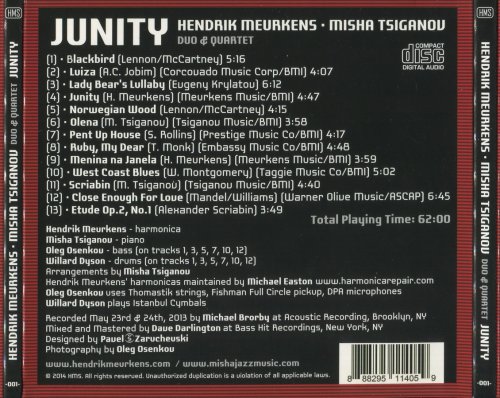
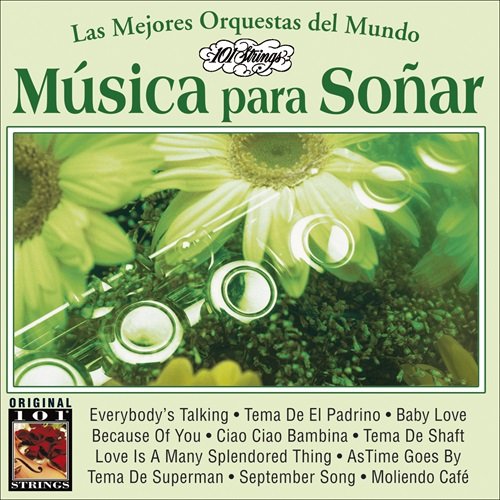
![Alcides Neto - Amú (2026) [Hi-Res] Alcides Neto - Amú (2026) [Hi-Res]](https://img.israbox.com/img/2026-02/26/mtckmw6jmvula60sukh6h3h26.jpg)
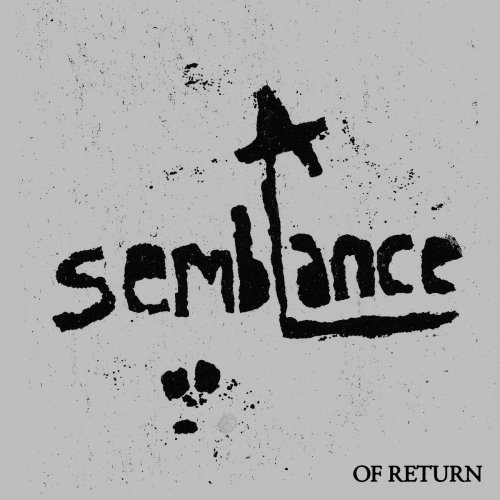
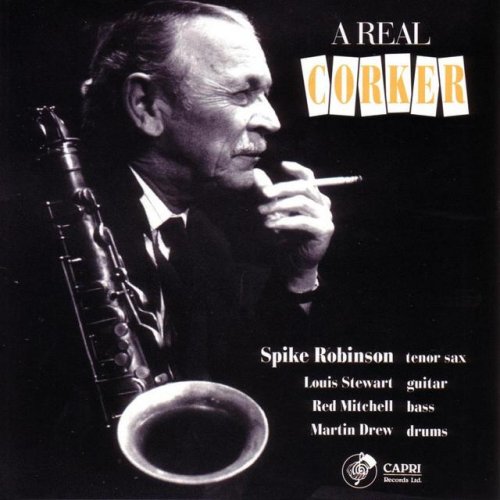
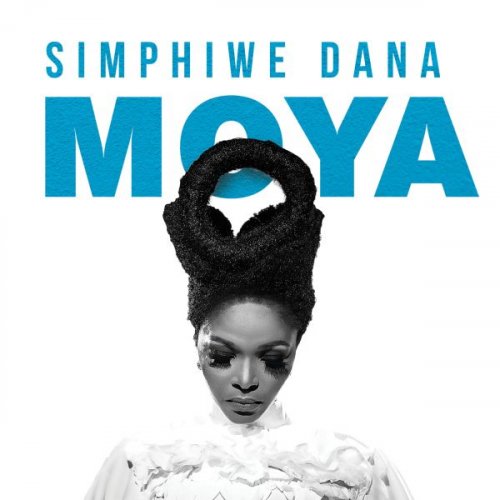
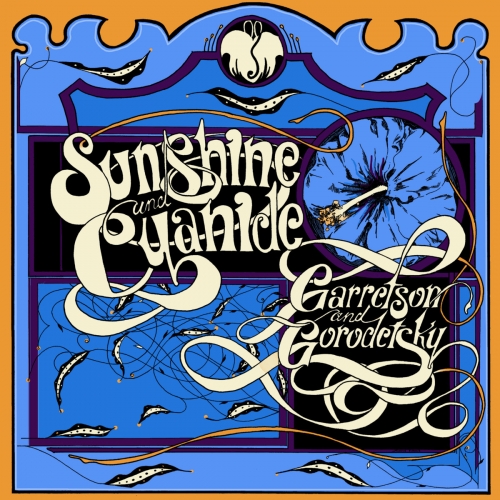
![Samir Aouad - Casablanca (2026) [Hi-Res] Samir Aouad - Casablanca (2026) [Hi-Res]](https://img.israbox.com/img/2026-02/26/cpef8nay7or1kmufgugfd6uy0.jpg)
![VA - 20 Years Into An Infinite Musical Journey (2025) [SACD] VA - 20 Years Into An Infinite Musical Journey (2025) [SACD]](https://www.dibpic.com/uploads/posts/2026-02/1771834929_ff.jpg)
